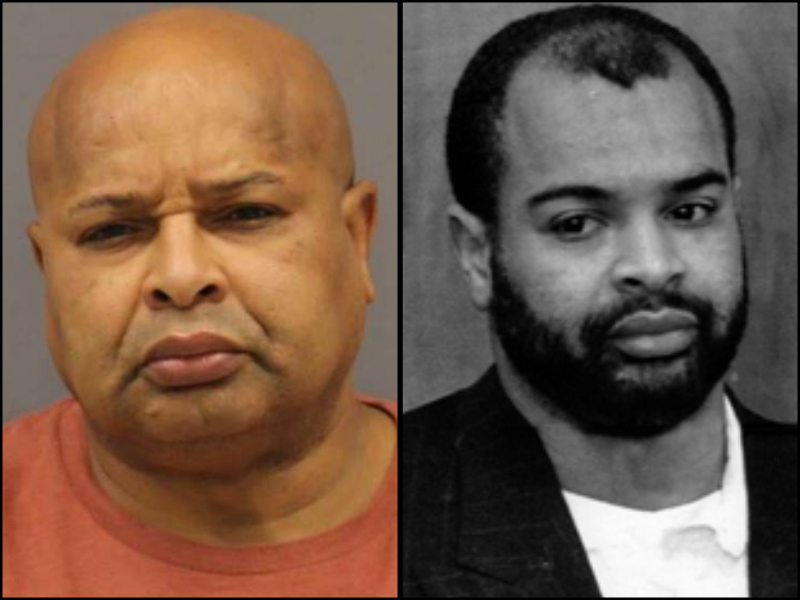
Editorial: It shouldn’t be easy for convicted felon to change name
In 1993, Terrell Muhammad shot and killed BPD Officer Thomas F. Rose while attempting to escape from a police station.
On Thursday, Joshua McCullough was arrested for robbing a woman in North Providence, R.I.
They are the same person.
All it took was a name change — a relatively quick procedure for McCullough, who, as the Herald reported, petitioned to change his name on May 8, 2018. It was done on June 21, 2018, according to Suffolk County Probate Court records.
How can it be so easy for a convicted felon — a cop killer no less — to legally change his name? What’s worse, that wasn’t his first offense. He was previously convicted of manslaughter in the shooting death of Dorchester store clerk Angela Skeete in 1986.
Yet it took just 43 days for Terrell Muhammad to step into a new life as Joshua McCullough.
This is nothing short of terrifying, as are the short sentences McCullough received for both crimes.
According to the state web site, an adult 18-years-old or older can have a name change granted unless it is “inconsistent with public interests.” For example, your name change might not be granted if you are trying to pretend to be someone else, or if you are trying to hide your criminal record.
Convicted of manslaughter and killing a police officer — how did McCullough’s petition not send off a chorus of alarms?
Discovering a person’s criminal past camouflaged by a name change isn’t exclusive to Massachusetts or R.I.
A bill that would make it harder for those convicted of violent crimes to change their names is being considered by a New Hampshire Senate committee.
As WMUR reported, the bill came about after two women went to check on the status of the man convicted of killing their mother and couldn’t find him because he had changed his name.
James Covington pleaded guilty to second-degree murder charges for killing his girlfriend in 1999 in Somersworth. The body of Deborah Duncan was found in a Massachusetts cemetery.
Covington filed a petition in 2022 to legally change his first name, saying he wanted a fresh start. That petition was granted by the court.
Last week, a Senate committee heard testimony on a bill that would make it more difficult for those convicted of violent felonies or crimes against children to change their names.
It would require a compelling reason for the name change and require that prosecutors and victims be notified about the petition. Supporters of the bill said name changes could allow criminals to escape their past, and the current system leaves victims out of the loop.
In Covington’s case, the state took him back to court and had his name change reversed. Supporters of the measure said the safeguards in the bill should prevent that from happening.
We hope N.H. gives this bill the green light. Massachusetts should follow suit.
Those convicted of violent crimes especially shouldn’t have the chance to effectively give themselves a legal alias. For career criminals like McCullough, it’s a fresh start to re-offend.
It’s a slap in the face to victims and their loved ones, and undermines the very concept of public safety
Editorial cartoon by Joe Heller (Joe Heller)

